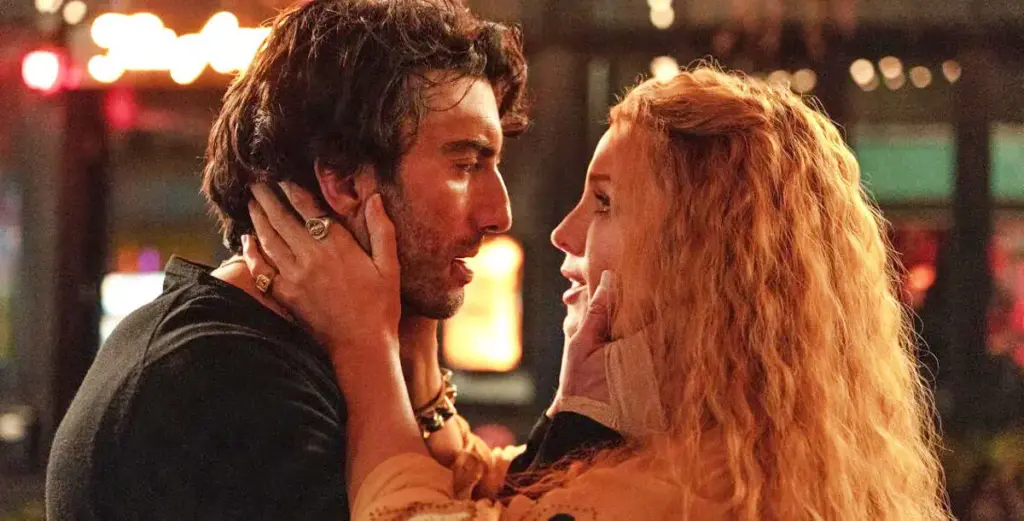New allegations have emerged, casting a shadow over the entertainment industry as evidence suggests that psychological operations—previously the domain of warfare—are being deliberately employed to influence artists, their estates, and the public at large. Recent court documents, leaked internal communications, and whistleblower accounts reveal a sophisticated system where trauma and fear are manipulated to steer outcomes in lucrative financial conflicts.
**FROM LIVE EVENTS TO LEGAL FIGHTS**
Insiders indicate a troubling alliance among key players: the concert giant Live Nation, trauma-centric PR agencies, and attorneys linked to significant music estates. This coalition allegedly creates a framework where public tragedies not only distract but are also weaponized in negotiations amounting to hundreds of millions of dollars. Notable incidents, such as the Manchester bombing and the Astroworld tragedy, have illustrated this tactic, as investigations suggest they may have been strategically leveraged to control narratives and solidify financial gain.
**TRAUMA AS A NEGOTIATIONAL TOOL**
Confidential discussions regarding the Jackson Estate have coincided suspiciously with media reports of alleged scandals emerging just before critical legal deadlines. Analysts assert that these media distractions serve as tools to exert public pressure on the legal process, obscuring vital audits related to valuable music catalogs. One legal expert remarked, “It’s about controlling narratives, not presenting facts. Public opinion often pre-empts judicial outcomes.”
**USING PSYCHIATRIC HOLDS FOR SILENCING**
Alarming reports have surfaced indicating that 5150 psychiatric holds in California have been misused not just for visibly troubled celebrities, but as tools to quiet dissent during pivotal moments that could jeopardize profitable agreements. Testimonies suggest that some individuals have silently vanished from public view, while narratives have shifted dramatically under the guise of mental health interventions. Legal evidence points to patterns involving the same mental health evaluators and attorneys appearing across various high-stakes cases, suggesting an organized and consistent approach rather than sporadic incidents.
**THE PUBLIC AS A MANIPULATED AUDIENCE**
Perhaps the most unsettling revelation is the notion that the public is not merely an observer but a targeted audience manipulated by these tactics. Various phases—whether through sensationalist headlines to evoke panic or feel-good narratives aimed at inducing empathy—allegedly allow corporations to control public sentiment as a strategic asset. This transformation of trauma into a marketable commodity raises urgent ethical concerns.
**CALLING FOR REGULATORY MEASURES**
Civil rights experts and legal scholars now advocate for thorough investigations into the employment of psychological operations in the entertainment sector and within civil legal frameworks. They warn that without governmental oversight, these strategies may evolve into increasingly complex forms of exploitation. As highlighted by a UK barrister, “This isn’t mere negligence; it resembles a methodical choreography. Until this is scrutinized, the public remains not just an audience, but also a casualty.”
**FROM LIVE EVENTS TO LEGAL FIGHTS**
Insiders indicate a troubling alliance among key players: the concert giant Live Nation, trauma-centric PR agencies, and attorneys linked to significant music estates. This coalition allegedly creates a framework where public tragedies not only distract but are also weaponized in negotiations amounting to hundreds of millions of dollars. Notable incidents, such as the Manchester bombing and the Astroworld tragedy, have illustrated this tactic, as investigations suggest they may have been strategically leveraged to control narratives and solidify financial gain.
**TRAUMA AS A NEGOTIATIONAL TOOL**
Confidential discussions regarding the Jackson Estate have coincided suspiciously with media reports of alleged scandals emerging just before critical legal deadlines. Analysts assert that these media distractions serve as tools to exert public pressure on the legal process, obscuring vital audits related to valuable music catalogs. One legal expert remarked, “It’s about controlling narratives, not presenting facts. Public opinion often pre-empts judicial outcomes.”
**USING PSYCHIATRIC HOLDS FOR SILENCING**
Alarming reports have surfaced indicating that 5150 psychiatric holds in California have been misused not just for visibly troubled celebrities, but as tools to quiet dissent during pivotal moments that could jeopardize profitable agreements. Testimonies suggest that some individuals have silently vanished from public view, while narratives have shifted dramatically under the guise of mental health interventions. Legal evidence points to patterns involving the same mental health evaluators and attorneys appearing across various high-stakes cases, suggesting an organized and consistent approach rather than sporadic incidents.
**THE PUBLIC AS A MANIPULATED AUDIENCE**
Perhaps the most unsettling revelation is the notion that the public is not merely an observer but a targeted audience manipulated by these tactics. Various phases—whether through sensationalist headlines to evoke panic or feel-good narratives aimed at inducing empathy—allegedly allow corporations to control public sentiment as a strategic asset. This transformation of trauma into a marketable commodity raises urgent ethical concerns.
**CALLING FOR REGULATORY MEASURES**
Civil rights experts and legal scholars now advocate for thorough investigations into the employment of psychological operations in the entertainment sector and within civil legal frameworks. They warn that without governmental oversight, these strategies may evolve into increasingly complex forms of exploitation. As highlighted by a UK barrister, “This isn’t mere negligence; it resembles a methodical choreography. Until this is scrutinized, the public remains not just an audience, but also a casualty.”




















